A review on advanced nanovaccines published in CCR
In recent years, nanovaccine has drawn more attention for accurately enhancing anti-tumor immunotherapy. Nanovaccine loaded with antigen and immunopotentiator could stimulate antigen-presenting cells (APCs) to release signals of co-stimulatory cytokines and reinvigorate the immune-killing T cell to alleviate tumor progression. The amplification of co-stimulatory markers has the potential to enhance the sensitivity of APCs towards tumor neoantigens. Furthermore, positive regulation via nanovaccine of antigen-dependent APCs with a self-promoting effect with more recruits of immune-killing T cells could contribute to potentiating the presentation and processing of antigens, finally improving the efficacy of immunotherapy. Of note, if the intracellular and exocellular delivery of antigens could be effectively manipulated, the well-designed nanovaccine will provide a platform for clinical therapeutic practice. In this review, the authors summarized the development, technical advantages, and challenges of nanovaccine in the multi-stage delivery process for immune-guided therapeutic efficacy.
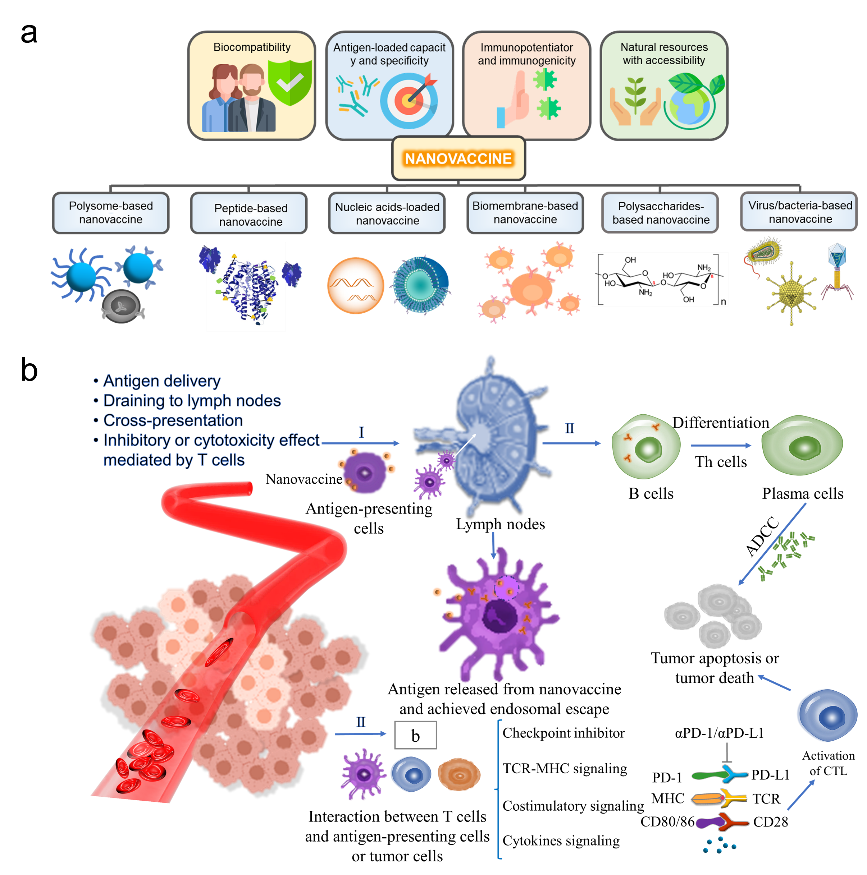
First author:
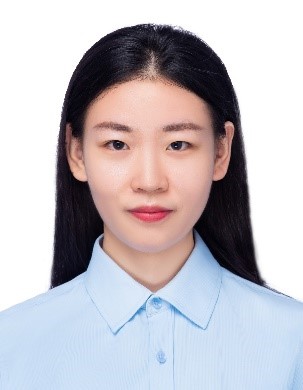 Dandan Wang received her master's degree from Soochow University. She made achievements in the research of biomimetic nanocarriers in cancer therapies. This paved the way for her Ph.D. position at Soochow University under the supervision of Prof. Xuenong Zhang. In 2021, She applied for the international program at RCSI under the supervision of Prof. Sally-Ann Cryan. Her research centers around pharmacoengineering of advanced nanomedicines in respiratory diseases.
Dandan Wang received her master's degree from Soochow University. She made achievements in the research of biomimetic nanocarriers in cancer therapies. This paved the way for her Ph.D. position at Soochow University under the supervision of Prof. Xuenong Zhang. In 2021, She applied for the international program at RCSI under the supervision of Prof. Sally-Ann Cryan. Her research centers around pharmacoengineering of advanced nanomedicines in respiratory diseases.
Corresponding authors:
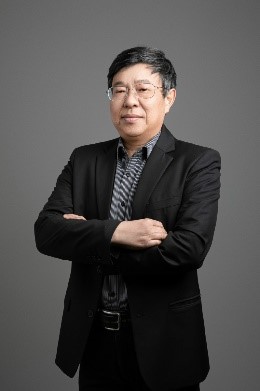 Xuenong Zhang is a full professor at Soochow University. He engages in the design of nanomaterials, controlled drug release, and targeted drug delivery systems in cancer therapies. He has published more than 60 SCI papers in journals such as J. Control. Release, Biomaterials, Int. J. Pharm, etc., and has more than ten invention patents approved.
Xuenong Zhang is a full professor at Soochow University. He engages in the design of nanomaterials, controlled drug release, and targeted drug delivery systems in cancer therapies. He has published more than 60 SCI papers in journals such as J. Control. Release, Biomaterials, Int. J. Pharm, etc., and has more than ten invention patents approved.
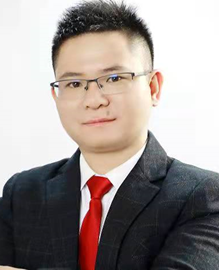
Weiliang Chen received his Ph.D. in the department of Pharmaceutics Sciences in 2018 from Soochow University under the supervision of Prof. Xuenong Zhang. Then he joined Livzon Pharmaceutical Group Inc. for the research & development and phase-I clinical study of paclitaxel polymeric micelles. In 2021, he joined the Pharmaceutic lab at Gannan Medical University, and his research focuses on nanocarriers for tumor-targeted delivery.
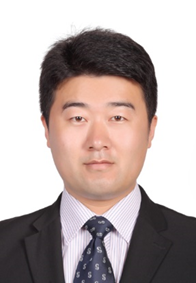 Jin Zhou received his Ph.D. in analytical chemistry in 2016 from the Institute of Chemistry, Chinese Academy of Sciences (ICCAS), under the supervision of Professor Huimin Ma. He finished his postdoctoral studies with Professor Jong Seung Kim in the Next-Generation Molecular Theranostics Lab at Korea University in 2020. He is a full professor at Weifang Medical University and runs a laboratory with research interests in phototherapy, drug delivery system & bioimaging.
Jin Zhou received his Ph.D. in analytical chemistry in 2016 from the Institute of Chemistry, Chinese Academy of Sciences (ICCAS), under the supervision of Professor Huimin Ma. He finished his postdoctoral studies with Professor Jong Seung Kim in the Next-Generation Molecular Theranostics Lab at Korea University in 2020. He is a full professor at Weifang Medical University and runs a laboratory with research interests in phototherapy, drug delivery system & bioimaging.
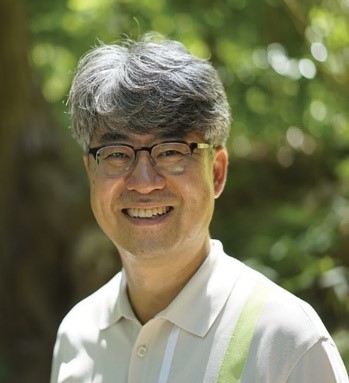 Jong Seung Kim received his Ph. D. from the Department of Chemistry and Biochemistry at Texas Tech University in 1993. He is a full professor in the Department of Chemistry at Korea University in Seoul. His main research interests are applications of organic chemistry to drug delivery and diagnosis of various pathologies, including Alzheimer's disease and malignant neoplasm, and their super-resolution imaging. He has been selected as 1% HCR for the last seven years. His h-index records 104 (Google Scholar).
Jong Seung Kim received his Ph. D. from the Department of Chemistry and Biochemistry at Texas Tech University in 1993. He is a full professor in the Department of Chemistry at Korea University in Seoul. His main research interests are applications of organic chemistry to drug delivery and diagnosis of various pathologies, including Alzheimer's disease and malignant neoplasm, and their super-resolution imaging. He has been selected as 1% HCR for the last seven years. His h-index records 104 (Google Scholar).